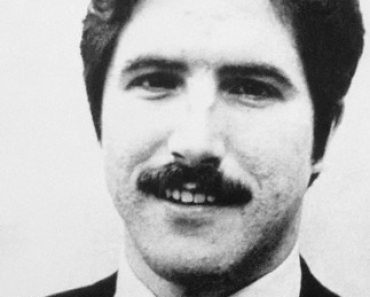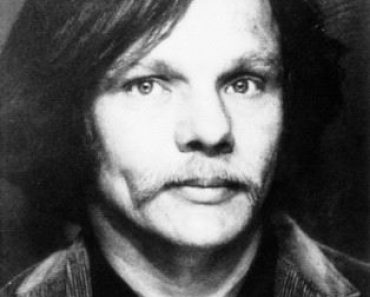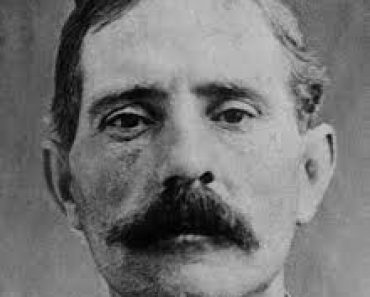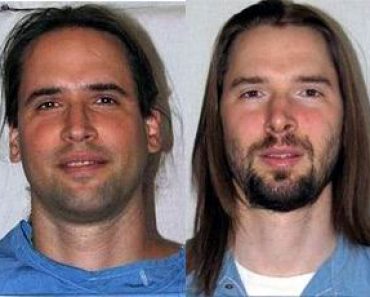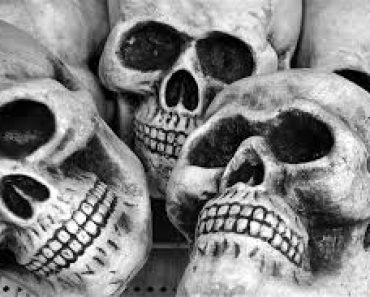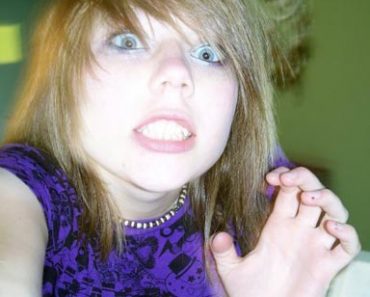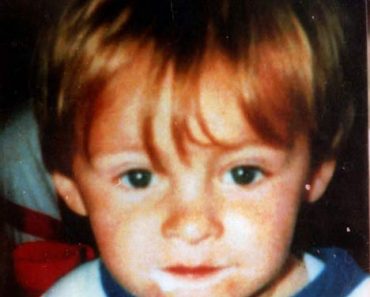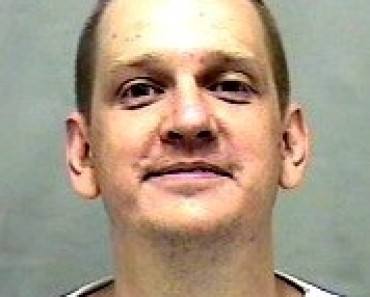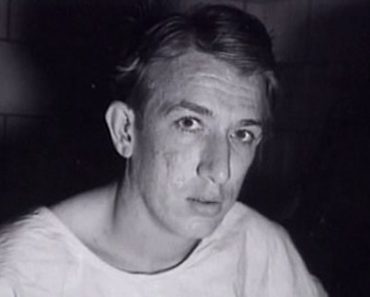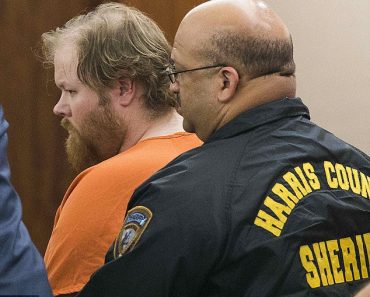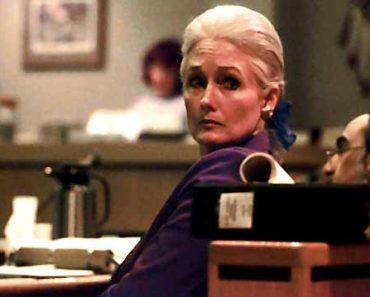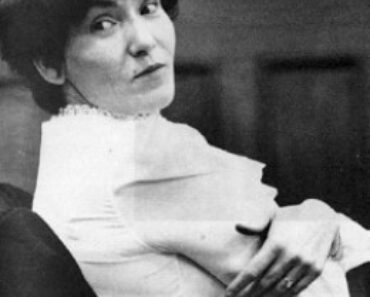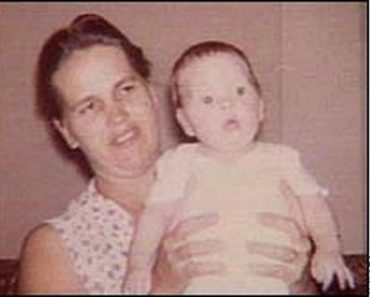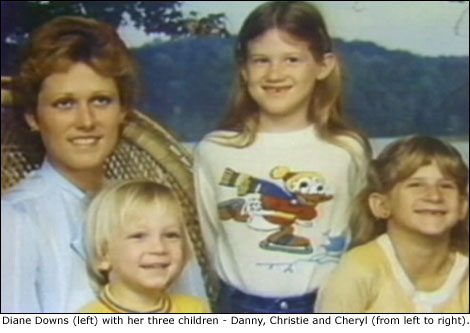Find a term:
Find Terms & Definitions.
Histrionic Personality Disorder
This site contains affiliate links. We may, at no cost to you, receive a commission for purchases made through these links

Histrionic Personality Disorder is a mental health condition that affects the way a person thinks, perceives and relates to others. The person with histrionic personality disorder seeks attention, talks dramatically with strong opinions, is easily influenced. They tend to have rapidly changing moods and emotions and think relationships are closer than they actually are. They are also often preoccupation with physical appearance and seductive behaviors.
Histrionic Personality Disorder is one of a group of conditions called “Cluster B” or “dramatic” personality disorders. The word Histrionic means “dramatic or theatrical.”
Those with these disorders have intense, unstable emotions and distorted self-images. Their self-esteem depends on the approval of others and does not arise from a true feeling of self-worth. They have an overwhelming desire to be noticed and often behave dramatically or inappropriately to get this desired attention.
This disorder is more common in women than in men and usually is evident by adolescence or early adulthood.
The exact cause of Histrionic Personality Disorder is not yet known, but many mental health professionals believe that both learned and inherited factors play a role in its development.
source: webmd.com
Histrionic Personality Disorder
Cluster B – Cluster B personality disorders are characterized by dramatic, overly emotional or unpredictable thinking or behavior. They include antisocial personality disorder, borderline personality disorder, histrionic personality disorder and narcissistic personality disorder.
Antisocial personality disorder
- Disregard for others’ needs or feelings
- Persistent lying, stealing, using aliases, conning others
- Recurring problems with the law
- Repeated violation of the rights of others
- Aggressive, often violent behavior
- Disregard for the safety of self or others
- Impulsive behavior
- Consistently irresponsible
- Lack of remorse for behavior
Borderline personality disorder
- Impulsive and risky behavior, such as having unsafe sex, gambling or binge eating
- Unstable or fragile self-image
- Unstable and intense relationships
- Up and down moods, often as a reaction to interpersonal stress
- Suicidal behavior or threats of self-injury
- Intense fear of being alone or abandoned
- Ongoing feelings of emptiness
- Frequent, intense displays of anger
- Stress-related paranoia that comes and goes
Histrionic personality disorder
- Constantly seeking attention
- Excessively emotional, dramatic or sexually provocative to gain attention
- Speaks dramatically with strong opinions, but few facts or details to back them up
- Easily influenced by others
- Shallow, rapidly changing emotions
- Excessive concern with physical appearance
- Thinks relationships with others are closer than they really are
Narcissistic personality disorder
- Belief that you’re special and more important than others
- Fantasies about power, success and attractiveness
- Failure to recognize others’ needs and feelings
- Exaggeration of achievements or talents
- Expectation of constant praise and admiration
- Arrogance
- Unreasonable expectations of favors and advantages, often taking advantage of others
- Envy of others or belief that others envy you
Elizabeth Diane Downs
(Maternal Filicide-The Unwanted Child Filicide)
On May 19, 1983, Elizabeth Diane Downs shot her three children then drove them in a blood-spattered car to McKenzie-Willamette Hospital in Springfield, Oregon.
Once there, she explained that a stranger had tried to car jack her and had shot she and her children.
In truth, she had shot her children (intending to kill them) so that she could ‘make herself available’ to the married man she obsessively loved and had been having an affair with (who had boldly stated he wanted no kids in his life).
Psychiatrists diagnosed Elizabeth with narcissistic, histrionic and antisocial personality disorders, labeling her a “deviant sociopath”
Histrionic Personality Disorder
Sources:

YOU MAY ALSO BE INTERESTED IN
The Dark Triad
Was Ted Bundy a victim of his own personality?
The dark triad personality traits are three closely related yet equally independent personality qualities or characteristics that all have a somewhat malevolent connotation. The three traits are Machiavellianism – a manipulative attitude, Narcissism – an excessive self-love and Psychopathy – the lack of empathy.
Bundy had it all.
Dark Triad
